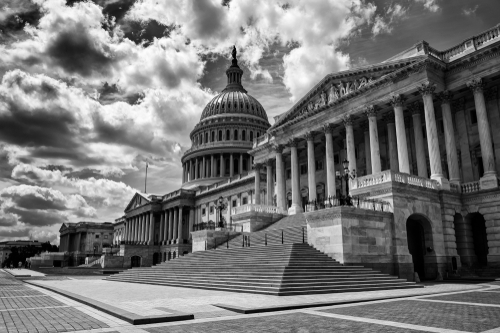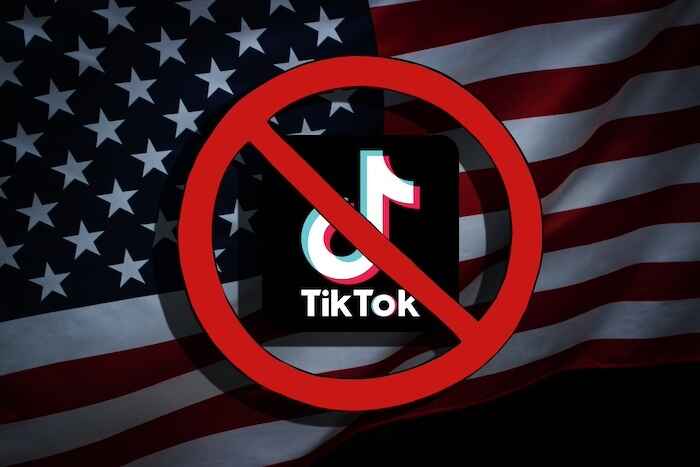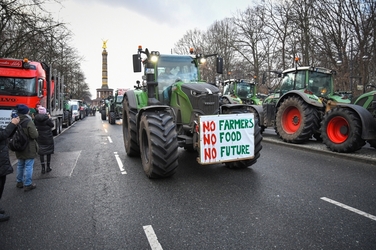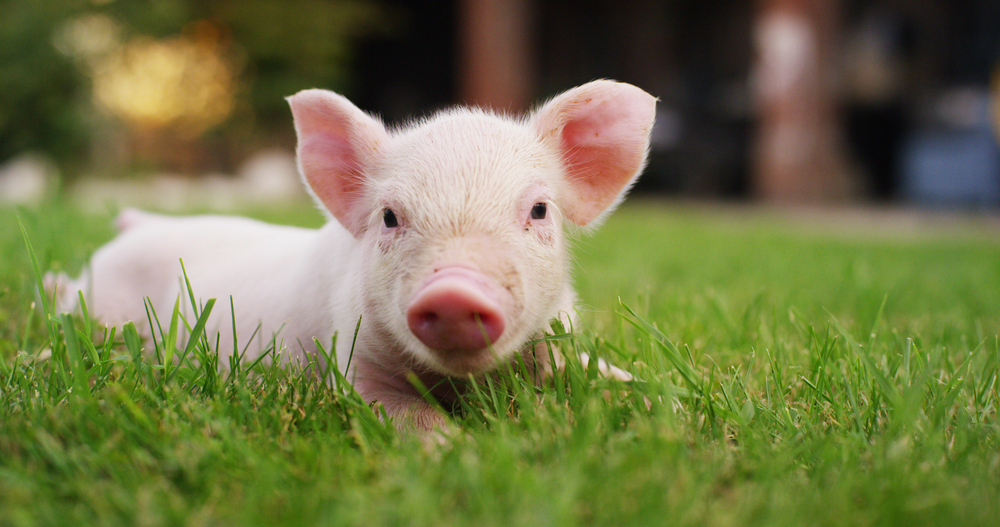The Noose of Gov’t Oversight Is Getting Tighter
Joel Salatin|December 31, 2021

Editor’s Note: Every day… every year… we lose a bit more of our freedom in the name of keeping us “safe.” It’s a scary and dangerous trend… but there’s hope. Manward contributor Joel Salatin shows how folks have found ways to fight this government overreach… and how we can all take part in taking back some of our freedoms in 2022. Check out his essay below.
The noose of government intervention and oversight in our daily lives is getting tighter. Meanwhile, freedom screams at us to remove ourselves from the “system.”
This desire burns brighter and brighter in the food space as we see more and more decisions subjected to some sort of licensing requirement or legal hurdle.
The things we did a couple of decades ago are now often criminalized, from holding food fundraisers at church to buying sausage from a friend’s Thanksgiving hog killin’.
Finding a legal avenue to real food is harder than ever.
My lifetime of battles with the food police – and a stream of similar stories from folks around the country – convinced me that it was time to circumvent rather than comply.
When tyranny becomes too much to bear, people go underground to find ways around the regulations… especially in the food space.
It’s more proof that the free market always finds the solution.
Thinking Outside the Box
Two years ago, I got together with a good friend and held the first Rogue Food Conference (RFC) in Cincinnati.
It sold out and created a lot of energy in the guerilla marketing movement.
Our presenters were primarily farmers who had been harassed by food police bureaucrats and refused to bow down. They figured out ways around the rules or simply dug in and refused to budge.
Their creativity impressed me…
One farmer sold his animals live but retained ownership of their guts. You can legally process your own animals, so he processed his animals for the guts and gave the buyer the edible portions. He did this on his farm – no license and no inspection needed.
Another fellow took a constitutional route, claiming straight-up that the inspectors had no jurisdiction over his right to private contracts. When the food police visited him on a cold day in Michigan, he asked for their identification. He took their driver’s licenses, went back in his house and enjoyed a cup of coffee while the government agents waited outside… for an hour.
They couldn’t leave because he had their licenses.
We also heard about a nonfarmer who started a “food church,” where membership grants access to food.
And in Louisville, Kentucky, a group has a storefront to exchange all sorts of prohibited items. They get away with it because it’s modeled after a nonpublic country club.
You might ask why all of these folks have to take these measures. In some cases, the food itself is illegal, like raw milk, home-processed chicken or homemade cheese.
In other cases, inspections would compromise the integrity of the product – like with required antimicrobials or even processing protocols (nitrates in smoked products).
In many cases, it’s simply a matter of requirements like paperwork and infrastructure that make compliance tough for small operations.
For example, small farmers seeking processing slots for their animals must wait more than a year for the service. Regulations have all but eliminated robust community-based and community-scaled abattoirs.
Freedom From Lockdowns
Earlier this year, we convened the second RFC on a farm in Tennessee (who wants to go to a conference center anymore?) and heard COVID-19-circumvention stories from restaurateurs.
One coffee shop owner in Kentucky refused to close during lockdowns and got a friend to park a food truck outside. The coffee shop sold coffee cups (expensive ones) to the food truck and gave away the coffee. Folks made their purchases outside and then went into the coffee shop, which legally made the interior an event space (subject to a 25-person limit) rather than an eatery.
The showdown with state regulators – who issued cease-and-desist orders – attracted media attention, brought in more business, and created a massive and loyal fan base. Sometimes a showdown with city hall is the best strategic business decision an entrepreneur can make.
Throughout the ordeal, the coffee shop thrived, and it eventually prevailed in court, making this little outfit a heroic David against the Goliath of the state.
A Fire Hose of Liberty
In a time of increased government intervention, small and local farmers and food crafters desperately need encouragement and empowerment. Unorthodox food choice in the marketplace is essential for protecting our options and maintaining a pipeline of artisanal quality.
We need positive, can-do solutions in the face of increased intervention. People desperate for unadulterated food need to be able to get it. Farmers desperate to stay in business need access to the market.
As a culture, we must preserve our options… free of bureaucratic intervention and manipulation.
Consider this… Several years ago, I asked a lecture hall full of college students in California how many of them thought a person should NOT be able to eat a carrot out of his own garden unless a government agent inspected it for safety.
At least a third of the students raised their hands.
Folks, that’s where we’re headed. Let’s choose to do something about it in 2022.






